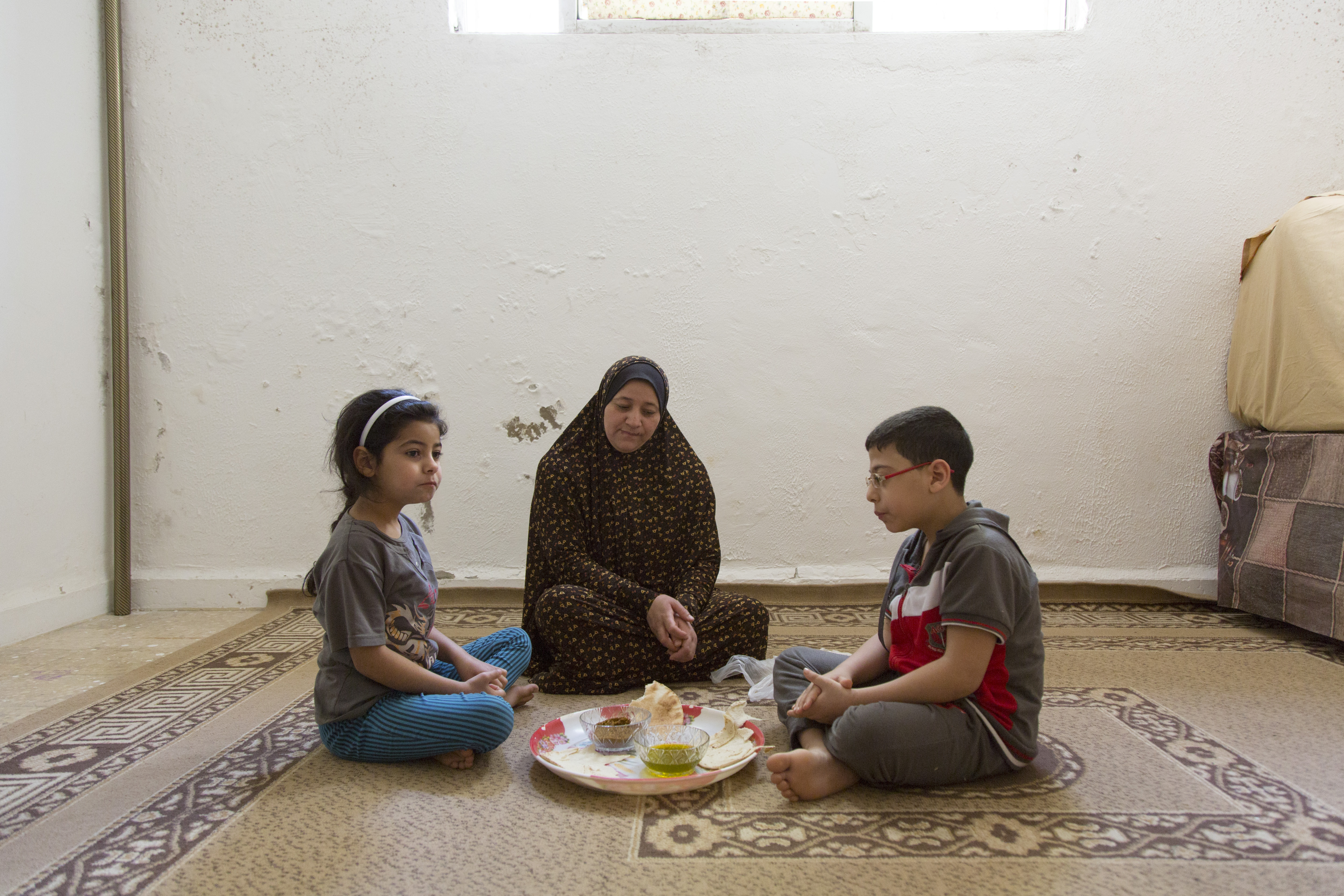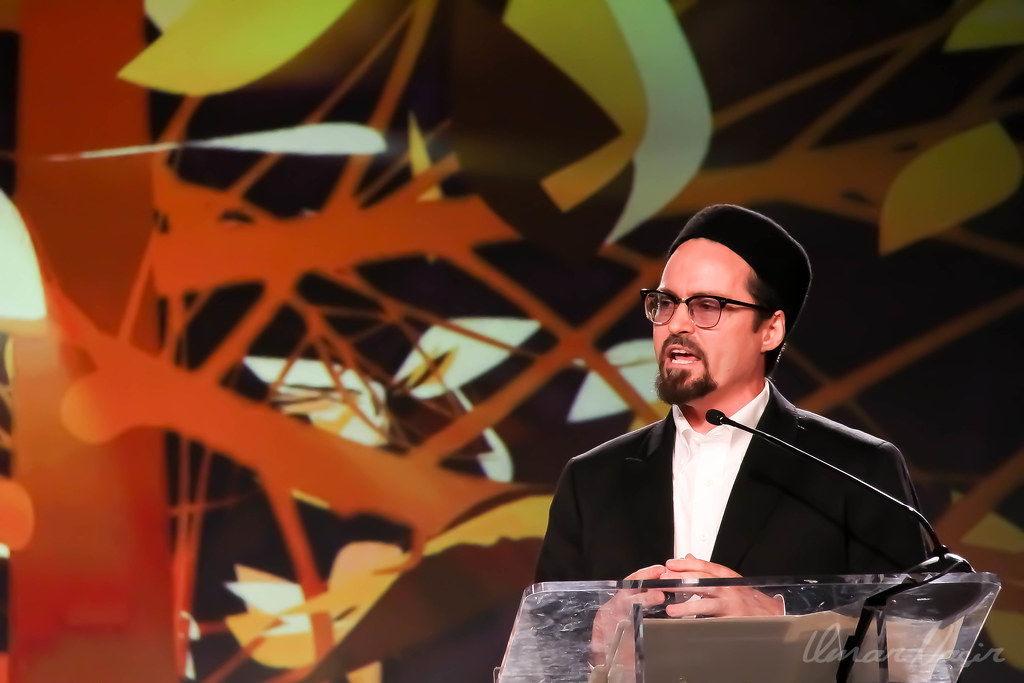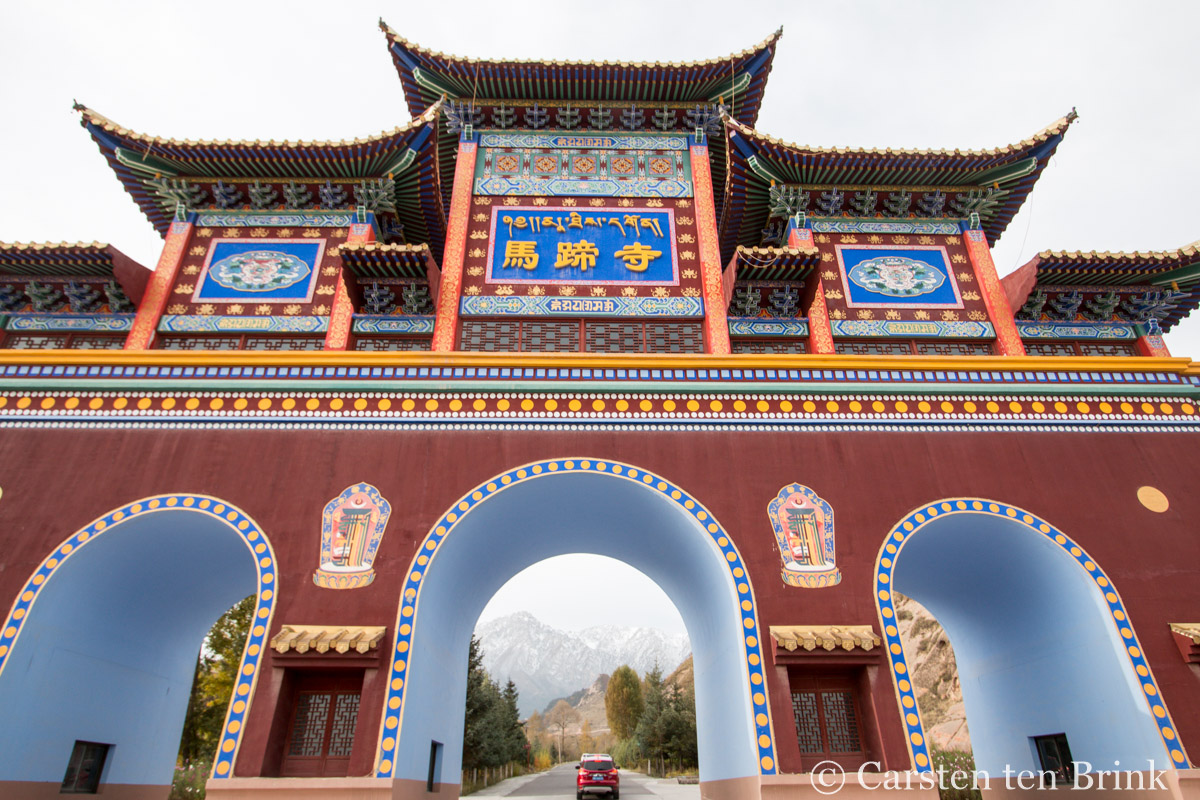Ramadan decorations are up, new clothes for prayer hang in closets, and menus for family gatherings await deployment at iftars. As Ramadan approaches, Muslims of all nations are preparing for its annual observance. Throughout this scared time of fasting and spiritual introspection, the faithful share a heightened observance of the practices of Islam, deepening their commitments to the requirements of their faith. While valid year-round, Zakat is strongly observed during Ramadan; its benefits impacting the less fortunate long after the observance ends. In fact, the United Nations Refugee Agency (UNHCR) sees the approach of Ramadan as the opportune time to launch its new vision for Zakat-supported relief on behalf of Muslim refugees.
Zakat is a powerful tool for good built upon a noble idea. Those with significant financial means “purify” their wealth by offering a percentage of their blessings to those facing economic hardship. Muslims with means lend a hand to those struggling to meet a basic standard of living. Through UNHCR’s Zakat program, refugees receive direct cash assistance which helps them cover basic living expenses like housing, food, and healthcare. Zakat helps individuals impacted by war and natural disasters rebuild after the losses. It supports families impacted by illness, job losses, and death. The practice of Zakat benefits both giver and receiver.
Zakat is a powerful tool for good built upon a noble idea. Those with significant financial means “purify” their wealth by offering a percentage of their blessings to those facing economic hardship.
For UNHCR, the rise in wealth among Muslims means enhanced opportunities to gather and distribute Zakat. UNHCR has recently provided a venue for the management of almsgiving. From 2016-2018, the UNHCR channeled $14 million (US) in Zakat contributions to places like Jordan and Lebanon in direct support of 6,888 displaced persons. With the launch of UNHCR’s Refugee Zakat Fund, more assistance will impact a significantly larger pool of refugees in need.
The numbers, while staggering, are poised to grow. In 2018, $76 billion (US) was contributed to Zakat by Muslims from all nations. With efficient mechanisms in place to help Muslims meet their Zakat obligations, $76 billion could expand to over $350 billion in the near future. For an agency like UNHCR, Zakat helps bridge the gap in the agency’s required funding of $208.6 million. Imagine if over 150,000 additional refugees living in Jordan, Lebanon, Yemen, Iraq, Mauritania, and Egypt could be directly supported by UNHCR’s expanded outreach. With additional Zakat contributions, expanded outreach is possible in contexts where it is desperately needed. Globally, 40.8 million people displaced persons are Zakat-eligibleMuslims.
In 2018, $76 billion (US) was contributed to Zakat by Muslims from all nations. With efficient mechanisms in place to help Muslims meet their Zakat obligations, $76 billion could expand to over $350 billion in the near future.
Partnerships enhance the reach of Zakat-supported outreach. UNHCR partnered with DinarStandard, a growth strategy and advisory firm, to produce its UNHCR Zakat Program: 2019 Launch Reportdetailing the agency’s collection and disbursement of Zakat funds.Rafi-uddin Shikoh, CEO and Managing Director of DinarStandard, is confident about the potential of Zakat-funded outreach. “Zakat has the potential to release tens of billions of dollars into global philanthropic causes and humanitarian needs,” contends Shikoh, a sentiment shared by Houssam Chahine who servers as UNHCR’s Head of Private Sector Partnerships in the MENA region. Chahine notes that Islamic economies and philanthropic efforts continue to rise sharply, adding, “The Fund allows UNHCR to be even more transparent and trusted in how it receives and distributes Zakat funds.”
While Zakat obligations are given and deployed yearlong, the approach of Ramadan, offers Muslims a deepened opportunity to reflect on their ability to embody this important pillar of the faith. Working with effective agencies like UNHCR, Muslims from all contexts have significant opportunities to expand their commitment to Zakat-eligible refugees, internally-displaced individuals, and other people of concern around the world.
Reem ElShafaki works on growth strategy research at DinarStandard.
Photo courtesy of author





